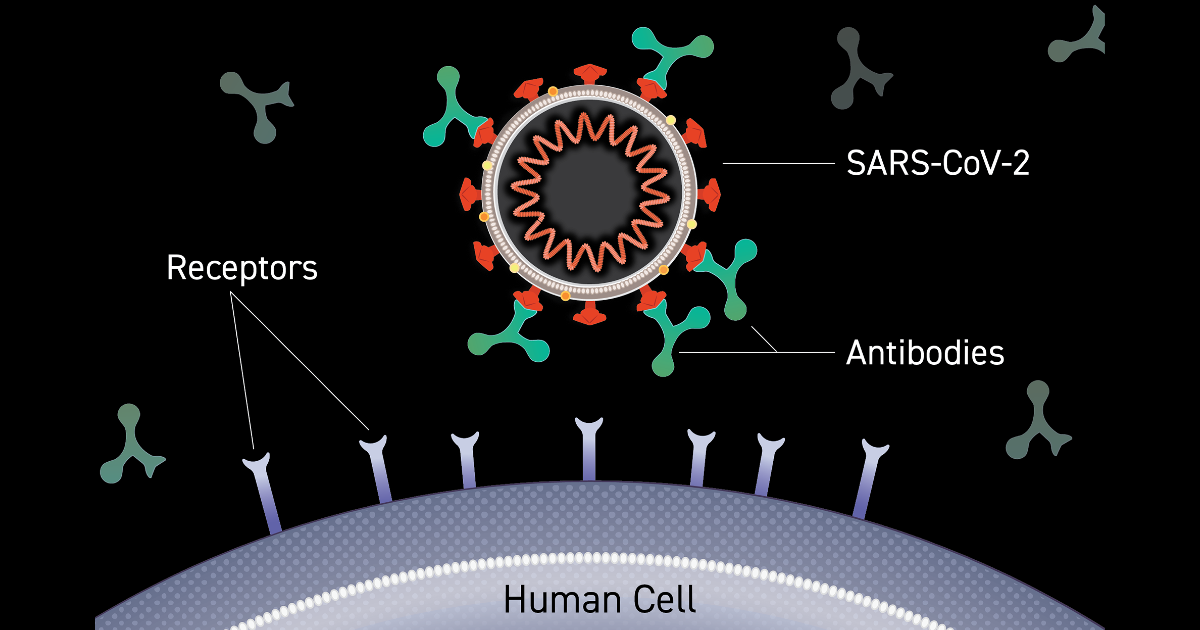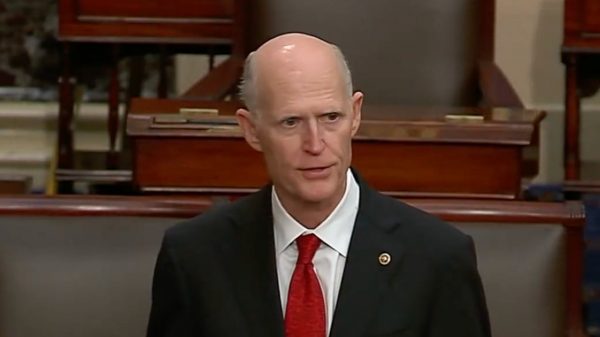Florida’s two U.S. senators–Republican U.S. Sens. Marco Rubio and Rick Scott–joined U.S. Rep. Neal Dunn, R-Fla., in leading Republican members of the Florida congressional delegation in writing to U.S. Department of Health and Human Services (HHS) Secretary Xavier Becerra urging the department to reverse its allocation for monoclonal antibody drugs (mAbs) and return to a state-based model in which states and local healthcare providers can directly order mAbs from drug manufacturers.
Florida Republican U.S. Reps. Gus Bilirakis, Vern Buchanan, Kat Cammack, Mario Diaz-Balart, Carlos Giménez, Brian Mast, Bill Posey, John Rutherford and Greg Steube also signed the letter.
In September 2021, Rubio and Scott introduced the Treatment Restoration for Emergency Antibody Therapeutics (TREAT) Act which would stop HHS from restricting hospitals and healthcare facilities from accessing life-saving COVID-19 monoclonal antibody treatments directly from drug manufacturers. Also in September 2021, Rubio led Republican members of the Florida congressional delegation in urging Secretary Becerra to reverse course on the department’s sudden change in policy to ration treatments. The lawmakers sent a follow-up letter in October 2021.
The full text of the letter is below.
Dear Secretary Becerra:
We write with great concern regarding the U.S. Department of Health and Human Services’ (HHS) handling of the allocation of monoclonal antibody drugs (mAbs) to individual states. The federally centralized distribution of these treatments is failing to meet the needs of Florida’s COVID-19 response. In HHS’ latest shortcoming, on December 23, 2021, the Assistant Secretary for Preparedness and Response (ASPR) and the Food and Drug Administration (FDA) first announced that two mAbs would not be available to states beginning January 3, 2022. However, on December 31, 2021, HHS reversed course on its decision to withhold these lifesaving treatments. Now, HHS’ decision to control the allocation and amount of mAbs a state or healthcare provider can receive, plus prohibiting these entities from ordering treatments directly from drug manufacturers, remains a serious concern. This type of volatility and heavy-handed approach is handicapping states who seek to be flexible and innovative to meet the needs of its patients, such as Florida has done.
This most recent policy reversal comes at a time when cases of Omicron, while mild, are rapidly increasing across our nation and the Delta variant remaining a more serious threat. President Biden recently stated “[t]here is no federal solution…[COVID-19] gets solved at a state level.” Therefore, we believe that HHS’ actions strongly contradict this administration’s message, and its federal centralization of treatment allocations punishes states and places many vulnerable patients at risk. The State of Florida has already pivoted once- from a highly successful state-driven mAb treatment model that saved thousands of lives to the current system wherein individual states are reliant on the federal government to provide them with their predetermined share of mAbs.
Currently, the Omicron variant makes up approximately 80 percent of cases in Florida while the Delta variant accounts for 20 percent. Therefore, it is critical healthcare providers have flexibility and access to all authorized mAbs in order to prevent any shortages should hospitalizations begin to surge in the coming weeks. Healthcare providers still rely on bam/ete and REGEN-COV to prevent severe disease in seniors and other vulnerable patient groups. Uncertainty about supply has been worsened as HHS scrambles to resume distribution of sotrovimab, which was paused for almost a month and is already in limited supply. This artificial shortage is further exacerbated by the HHS’ actions in September 2021 to prohibit states and healthcare providers from directly ordering mAbs from drug manufacturers. This is occurring despite the fact that we all know that employing mAb therapy early in the diagnosis is far more effective than administering late.
The administration’s mAbs distribution policy continues to be shortsighted and burdensome on states and healthcare providers. Our federal public health agencies are missing the mark when it comes to providing reliable and science-based guidance to the states and to the American people. We call on HHS to reverse course and return to a state-driven model in which states and local healthcare providers are empowered to provide the appropriate care for their patients by ordering the necessary amount of mAbs directly from drug manufacturers.















